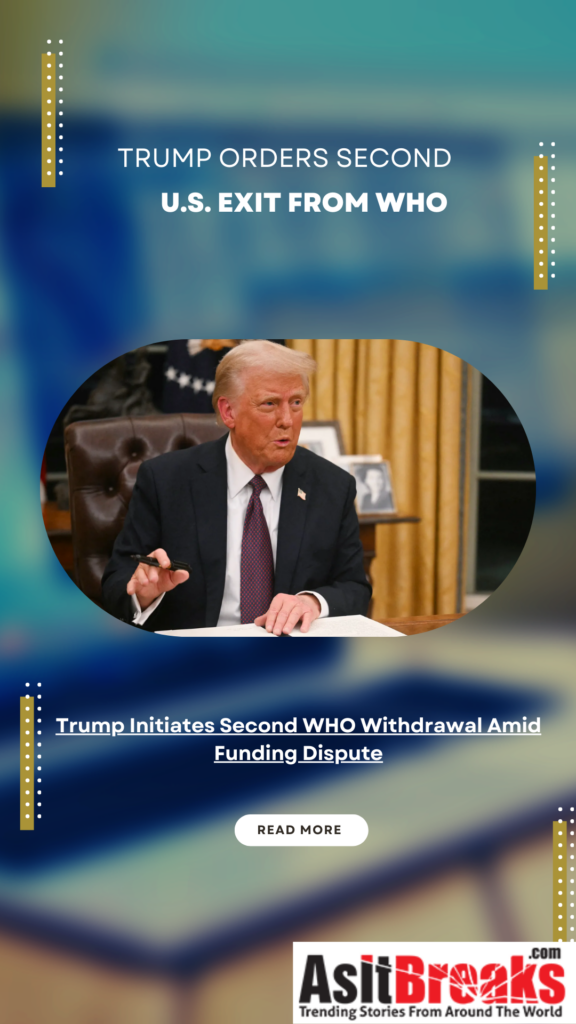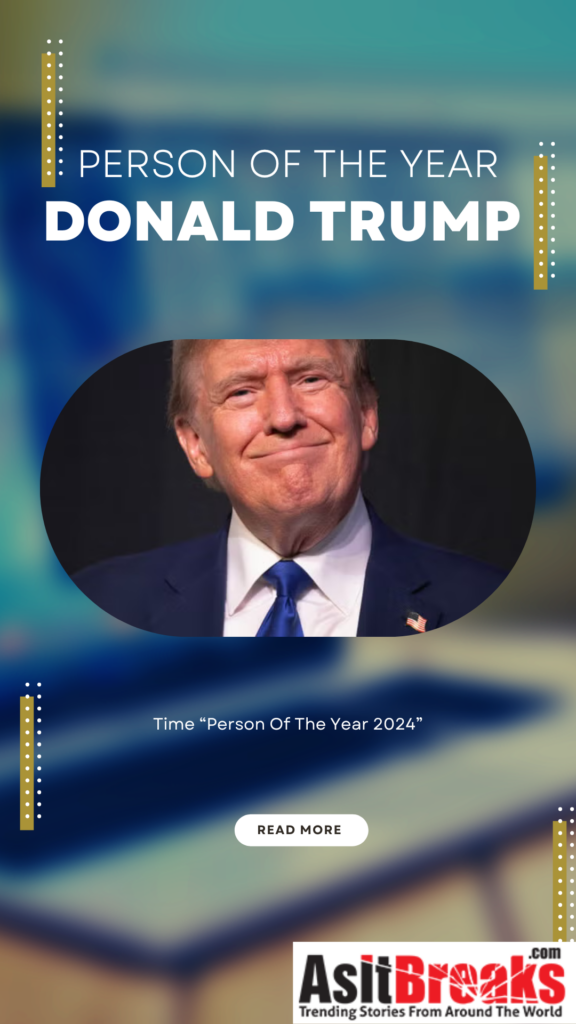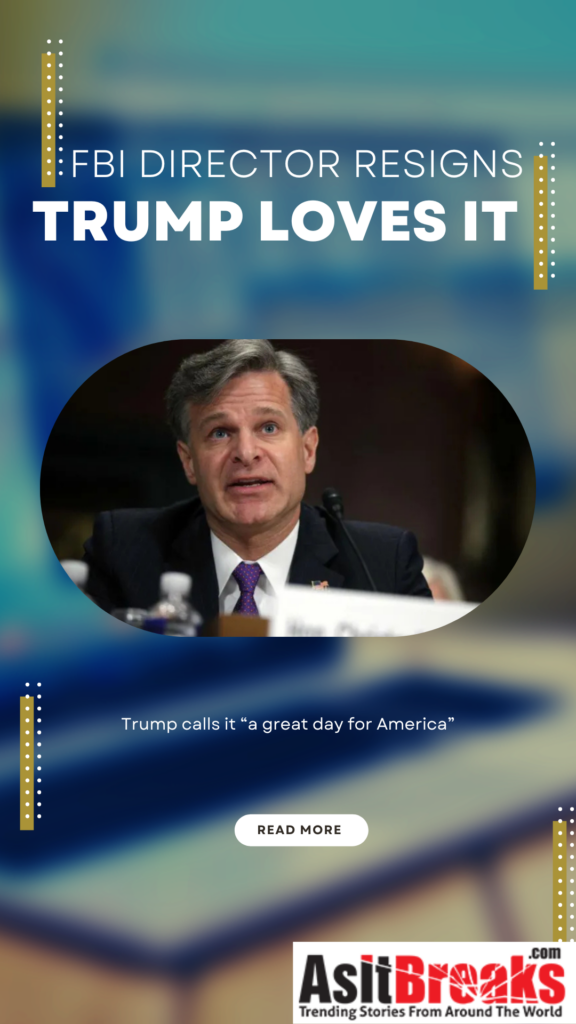WASHINGTON (AP) — President Donald Trump moved Monday to withdraw the United States from the World Health Organization for the second time, fulfilling a campaign promise and reigniting debate over America’s role in global health initiatives.
The executive order marks a return to Trump’s previous stance on the WHO, which he first attempted to leave during his initial term over claims the organization mishandled the COVID-19 pandemic and showed insufficient independence from Chinese influence. That effort was reversed by President Biden on his first day in office in 2021.
The latest withdrawal cites persistent concerns about WHO’s crisis response capabilities and what the administration calls “unfairly onerous payments” demanded from the United States. As the organization’s largest financial contributor, the U.S. provides approximately $130 million annually to support global health initiatives, including HIV treatment, tuberculosis control, and childhood vaccination programs.
“The WHO continues to demand unfairly onerous payments from the United States, far out of proportion with other countries’ assessed payments,” the executive order states, specifically highlighting that China pays less despite having a larger population.
The order criticizes the WHO’s handling of various global health crises and its alleged failure to implement what the administration considers necessary reforms. It also reiterates previous accusations about the organization’s response to the COVID-19 pandemic and its relationship with member states.
This decision could significantly impact global health initiatives, as U.S. funding supports crucial programs worldwide. Health experts warn that the withdrawal could diminish American influence over international health policy and potentially affect global disease surveillance and response capabilities.
The withdrawal process is expected to face scrutiny from both domestic and international observers, with questions arising about its potential impact on ongoing global health challenges and America’s standing in international health governance.


